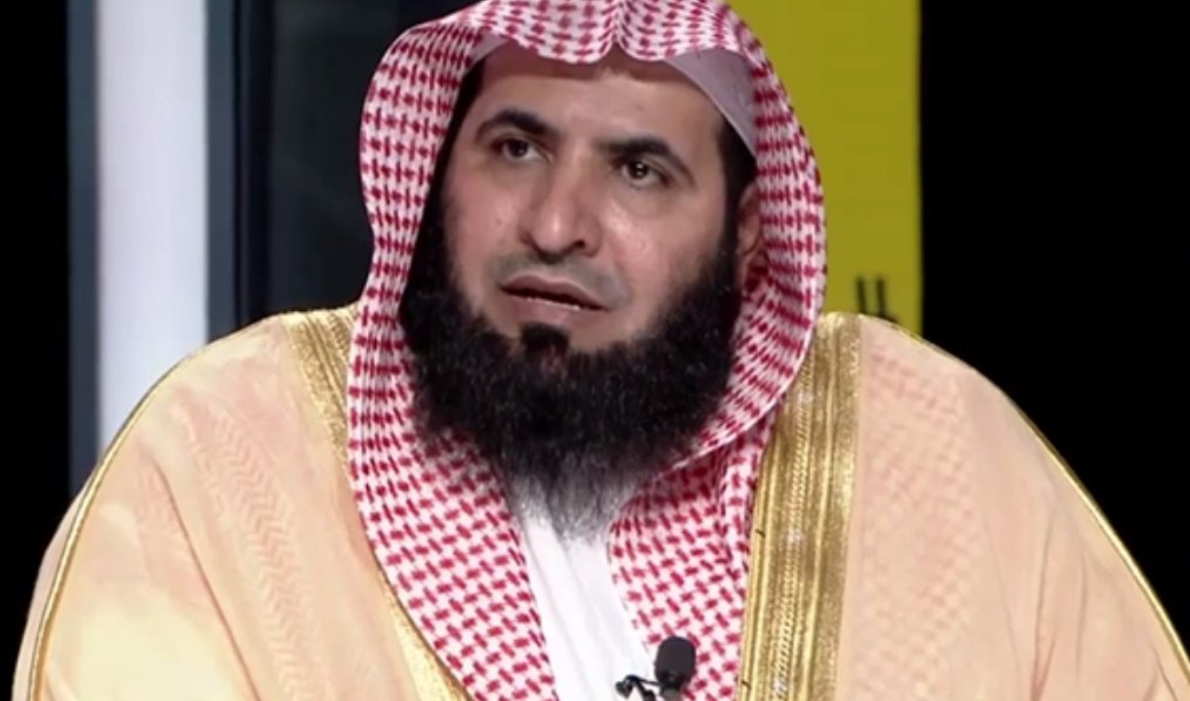
The Saudi Mufti Prohibits giving money for Iftar charity, legitimizes slavery
According to the Saudi Press Agency, the Grand Mufti of the Kingdom said, the Grand Mufti of Saudi Arabia, Chairman of the Council of Senior Scholars and Chairman of the Permanent Committee for Scholarly Research and Fatwa, Sheikh Abdul Aziz Al Sheikh, issued a ruling that giving Zakat al-Fitr in money is not valid “because that is contrary to the Sunnah of the Messenger of God, may God’s prayers and peace be upon him. May God bless him and grant him peace and the Rightly Guided Caliphs who used to remove it from food.”
The Saudi Mufti added that “Zakat al-Fitr has been prescribed for all Muslims, males and females, old and young, free and slaves.”
It should be noted that other Sunni schools of law consider giving iftar charity in the form of cash (or anything of value), to be valid.
The kingdom has been run through an arrangement that granted Wahhabi scholars from Al Sheikh clan, religious power in return for their blessing of the form of governance in the kingdom under the control of the Al Saudi clan. Saudi Arabia’s official religious practices are derived from the Wahhabism, the strictest religious sect in Islamic societies and Wahhabi religious figures use textual evidence irrespective of rational facts and changed circumstances. The same sect is followed by members of al-Qaeda and the “Islamic State”.









































